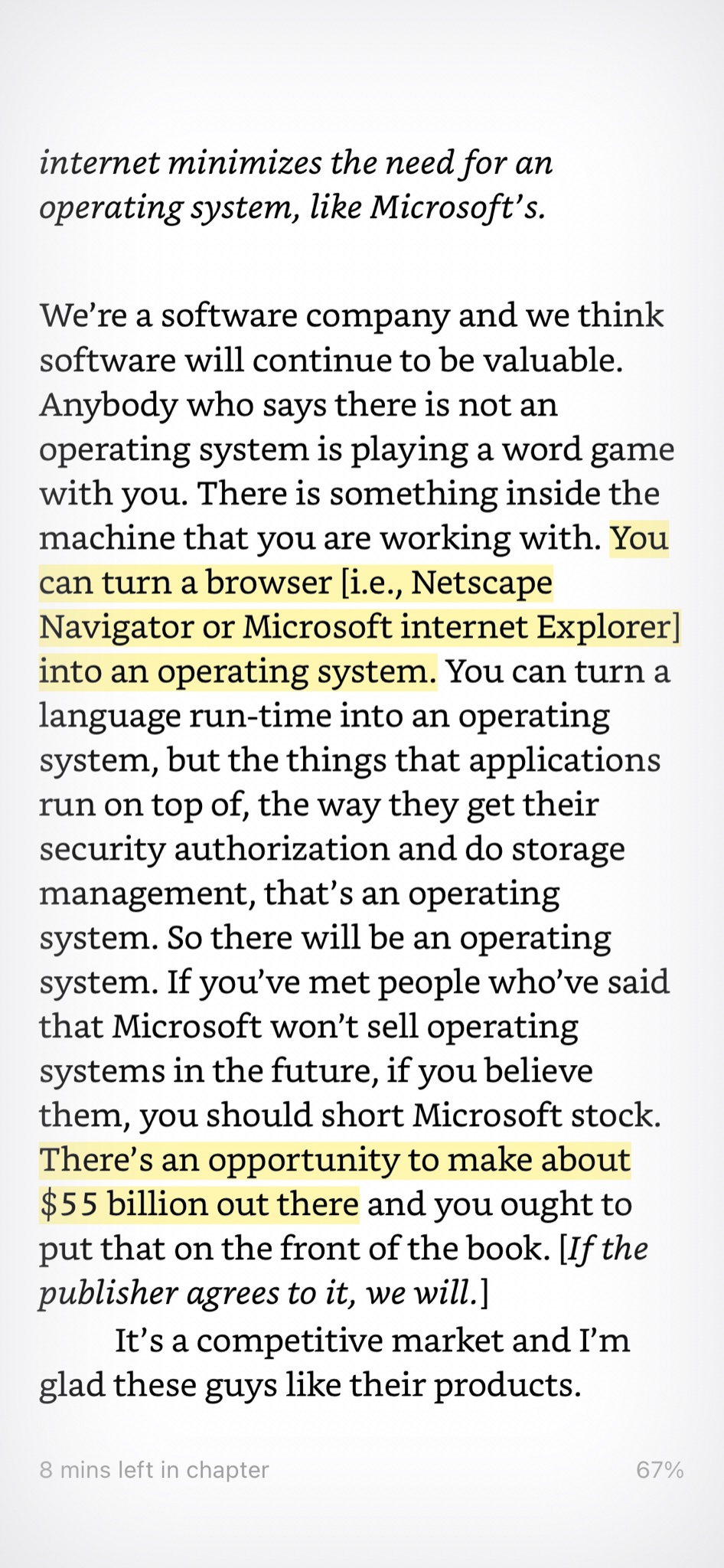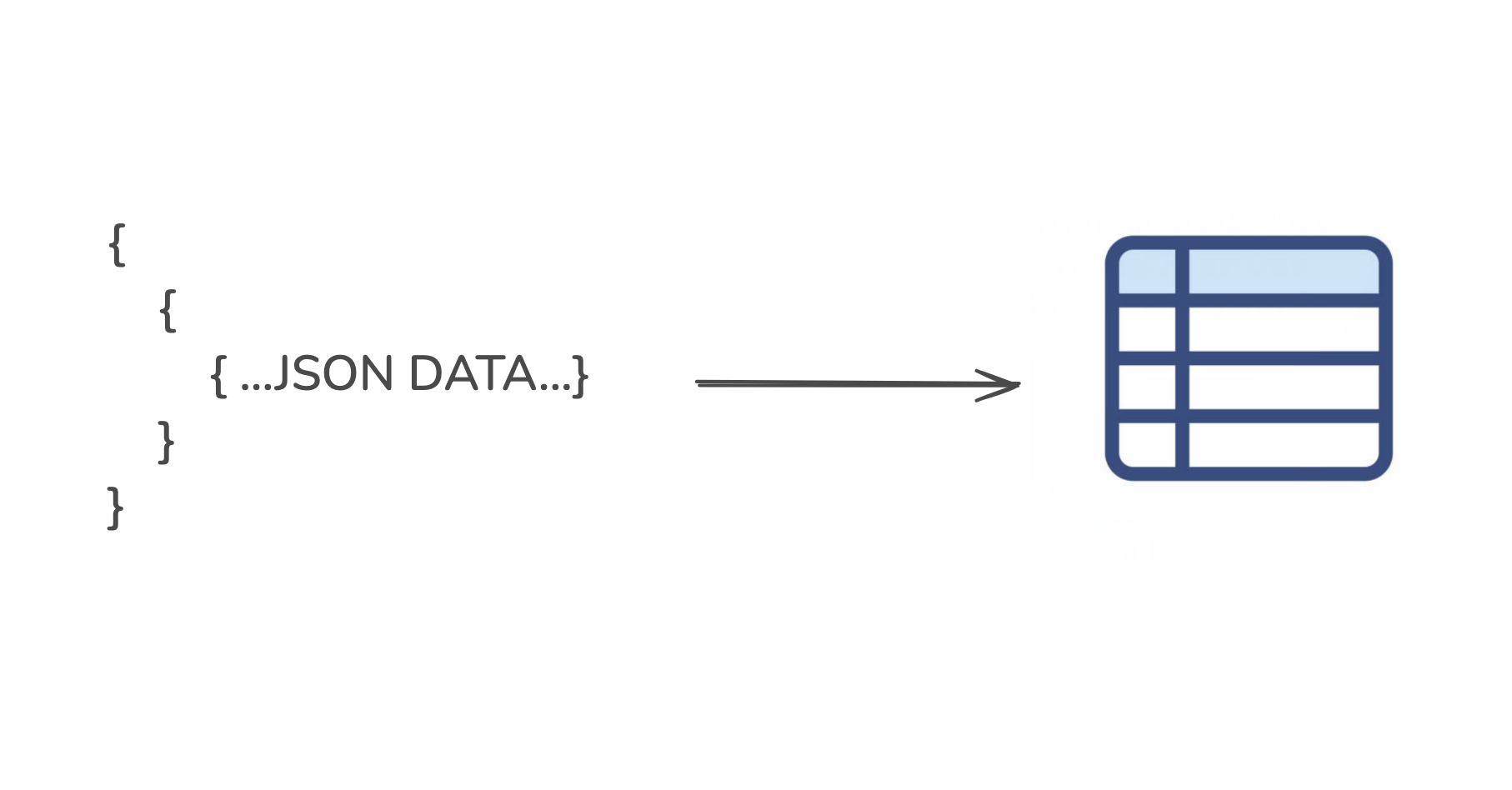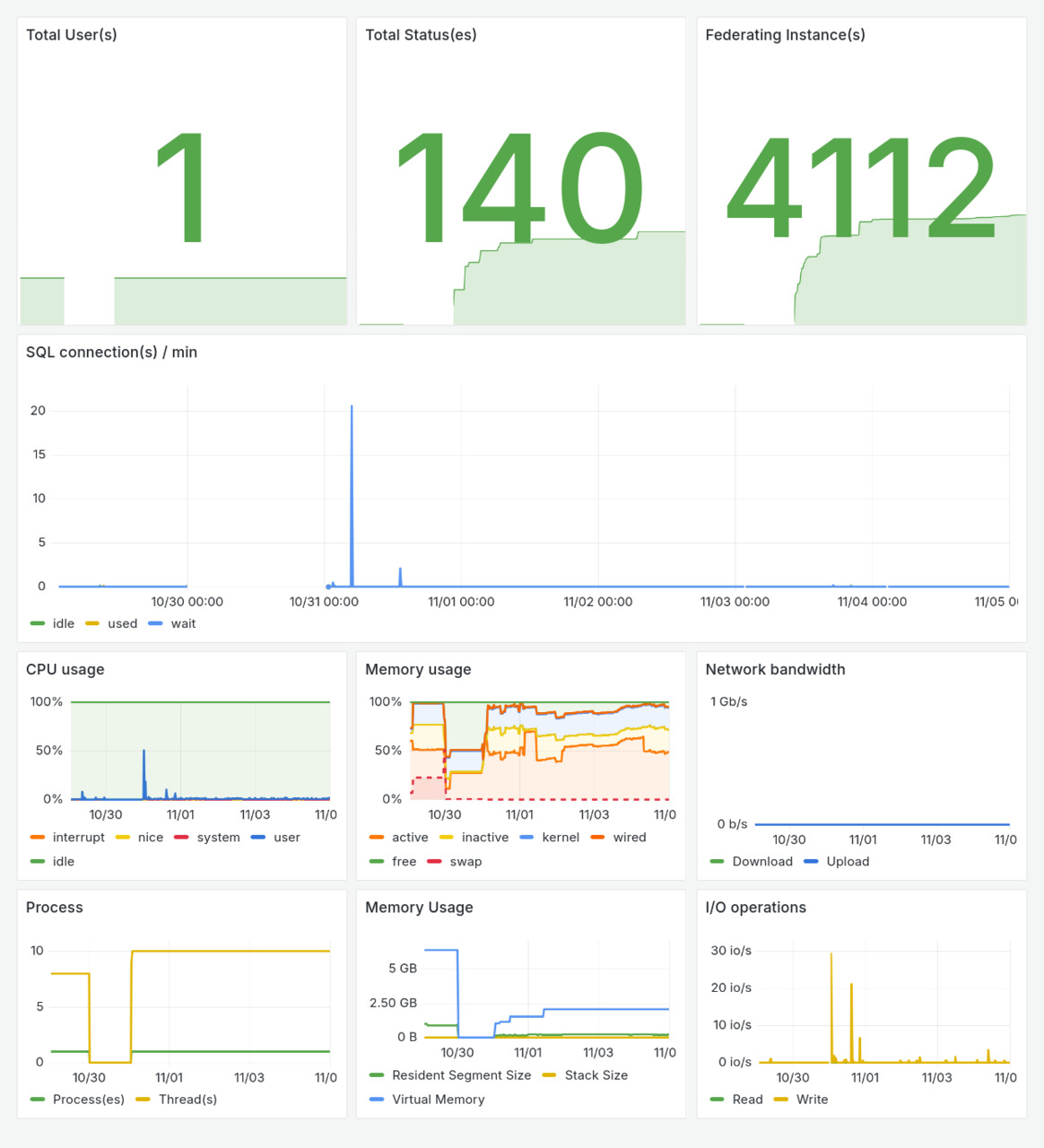
If HDMI screen rips aren't good enough for you pirates, DeCENC is another way to beat web video DRM
An anti-piracy system to protect online video streams from unauthorized copying is flawed – and can be broken to allow streamed media from Amazon, Netflix, and others to be saved, replayed, and spread at will, we're told.
The Common Encryption Scheme (CENC) is a form of DRM that is used by video-streaming giants to ensure movies and TV shows streamed to people's devices cannot be, for instance, saved to disk in a way that allows them to be played back later or distributed to others to enjoy. When you watch a film from a Big Tech streaming platform, you're not supposed to be able to keep a copy of that media, or else people could stream something once, save it, and replay it forever, wrecking the whole subscription model approach.
The algorithms and methods set by CENC make sure only the playback application, such as the viewer's web browser, successfully decodes and displays the compressed streamed media, and thus safeguards the content from pirates.
However, the scheme has flawed encryption and is vulnerable to a proof-of-concept decryption attack, according to security researcher David Buchanan.

















